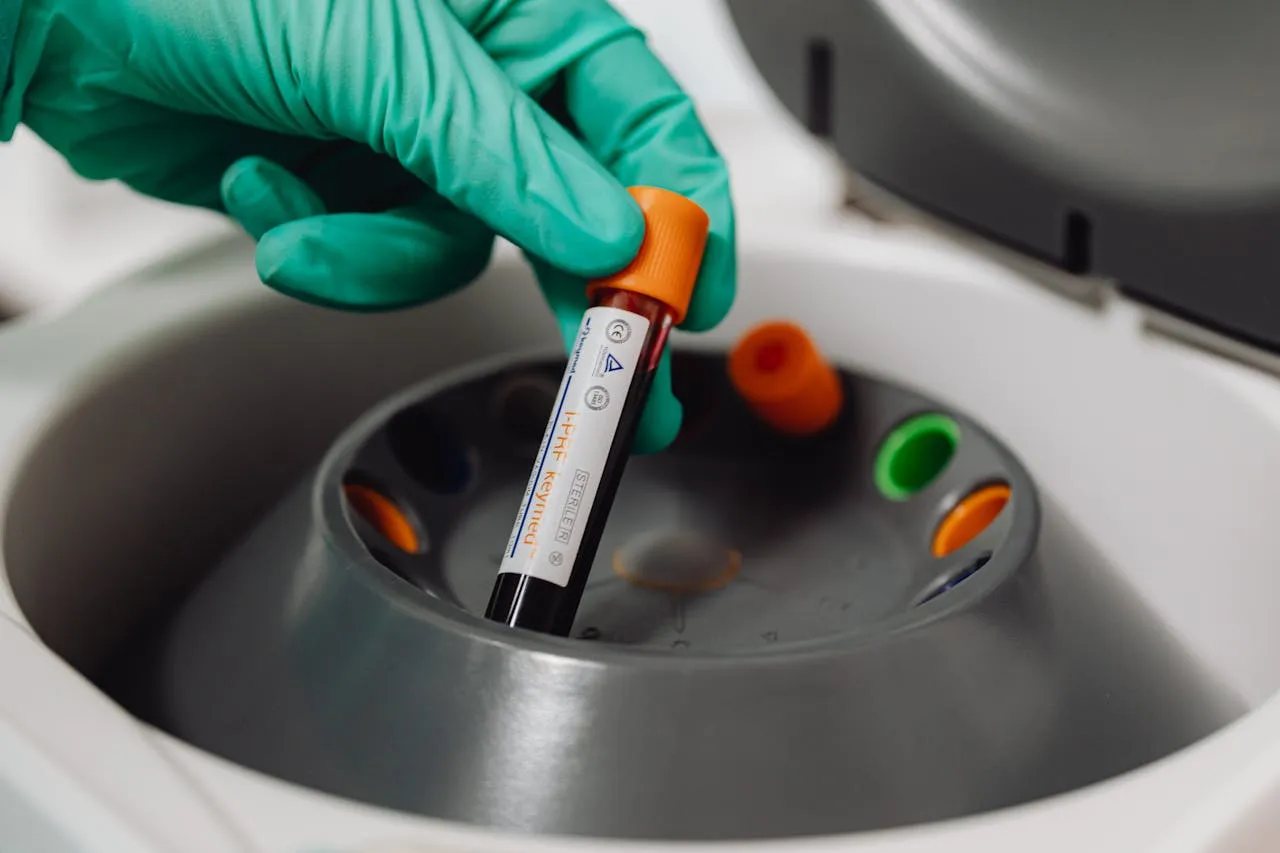
BeiGene, Ltd. (NASDAQ: BGNE; HKEX: 06160; SSE: 688235), a global oncology company, today announced that it will present new data on a range of B-cell malignancies and treatments at the 66th ASH Annual Meeting in San Diego, December 7-10. The company has 21 abstracts accepted for ASH 2024, with four selected for oral presentations. Among the highlights will be data on BRUKINSA® (zanubrutinib), a best-in-class Bruton’s tyrosine kinase (BTK) inhibitor, which has become a standard of care in many B-cell malignancies since its approval five years ago.
“BRUKINSA has delivered deep and durable responses, especially in chronic lymphocytic leukemia (CLL) and Waldenström’s macroglobulinemia (WM), and our long-term data at ASH demonstrate its lasting impact in both treatment-naïve and relapsed/refractory patients,” said Mehrdad Mobasher, M.D., M.P.H., Chief Medical Officer, Hematology at BeiGene. “BRUKINSA is just the beginning, and we are excited to showcase the continued leadership of our pipeline assets, such as the BTK degrader BGB-16673 and the BCL2 inhibitor sonrotoclax, which demonstrate our ongoing commitment to advancing hematology therapies.”
BRUKINSA Data Highlights:
- Five-Year Follow-Up Results from Cohort 1 of the Phase 3 SEQUOIA study showed sustained progression-free survival (PFS) with BRUKINSA in patients with treatment-naïve chronic lymphocytic leukemia (CLL) and small lymphocytic lymphoma (SLL). No new safety concerns were observed.
- Long-Term Extension (LTE) Study results demonstrated high overall and complete response rates with BRUKINSA as a single agent or in combination with obinutuzumab for patients with treatment-naïve and relapsed/refractory CLL, with responses maintained up to 6.5 years. No new safety signals were noted.
- Phase 3 ASPEN Study LTE results in patients with Waldenström macroglobulinemia (WM) showed that BRUKINSA monotherapy remained durable, with a favorable safety profile at a median follow-up of 5.8 years.
- Switching from Acalabrutinib: Data from a Phase 2 study showed that patients with previous intolerance to acalabrutinib could safely switch to BRUKINSA without recurrence of intolerance events, while maintaining or deepening their responses.
Pipeline Data:
- BGB-16673: First-in-human Phase 1/2 CaDAnCe-101 study presentations (two oral and one poster) highlighted the safety and promising efficacy of BGB-16673, a BTK degrader, in patients with relapsed/refractory (R/R) CLL/SLL, WM, and indolent non-Hodgkin’s lymphoma. BGB-16673, developed from BeiGene’s chimeric degradation activation compound (CDAC) platform, is the company’s first BTK degrader and is showing encouraging results.
- Sonrotoclax: Oral presentation of the Phase 1 BGB-11417-101 study showed that combining the BCL2 inhibitor sonrotoclax with BRUKINSA continued to demonstrate promising efficacy and a favorable safety profile in treatment-naïve CLL/SLL patients. This combination is being further evaluated in the Phase 3 CELESTIAL-TNCLL study (NCT06073821).
BeiGene’s presentations at ASH 2024 will demonstrate continued progress in its mission to advance cutting-edge therapies for B-cell malignancies and bring innovative treatments to patients with cancer.





